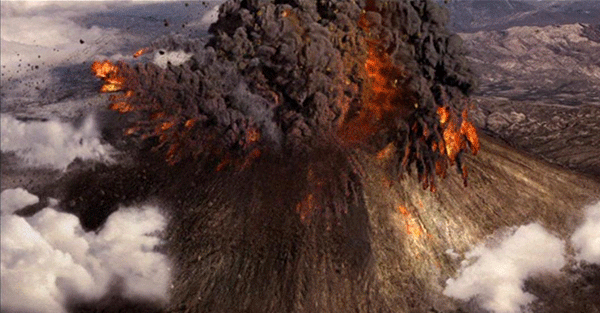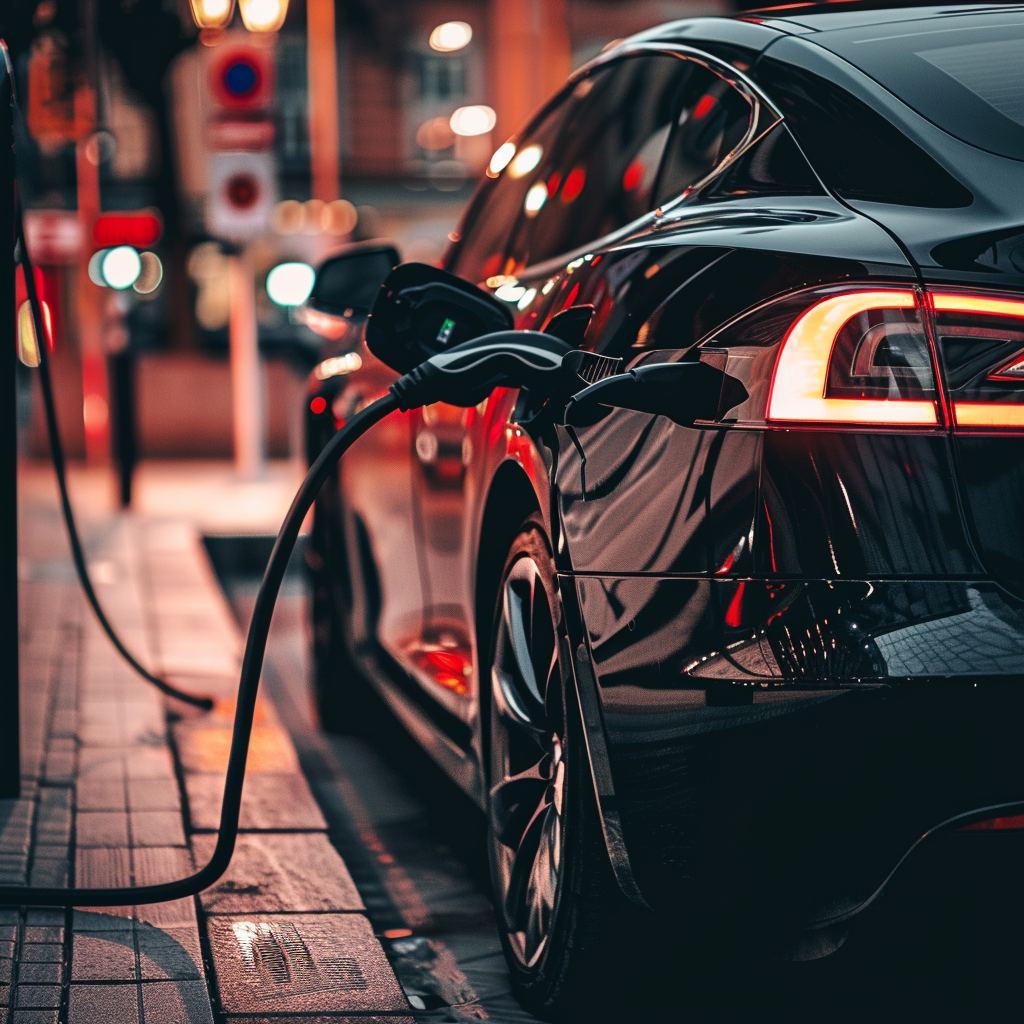On August 24 in the year 79 AD, one of the most famous natural disasters in history struck the Ancient Roman city of Pompeii, and its surrounding area.
We have an eye-witness account from Gaius Plinius Caecilius Secundus, whose letter to Roman historian Tacitus vividly describes how the eruption of Mount Vesuvius rained down hot, black cinders and smoldering ash onto the towns below.
Pompeii was buried in about six meters of volcanic ash, and the town’s inhabitants were frozen in time in the exact positions that they stood when they died.
Curiously, despite the volcano nearly wiping out the nearby civilizations, the Ancient Romans rebuilt more towns at the foot of the volcano.
Yet unsurprisingly Vesuvius continued erupting.
The eruption of 472 AD was so severe that volcanic ash fell as far away as Constantinople, over 1,000 km away.
Forty years later the eruptions were so damaging that surviving locals were exempted from taxation.
Mount Vesuvius has barely let up since ancient times, erupting 12 times in the last two centuries alone.
Italian officials are now starting to sound the alarm bell, suggesting that Vesuvius could erupt again, this time endangering the 3+ million inhabitants of nearby Naples, and especially the 600,000 inhabitants within the volcano’s danger zone.
I can’t help but see the obvious parallels in our modern financial system.
This system almost came crashing down eight years ago under the weight of so much stupidity and debt.
Bank balance sheets were stuffed full of worthless garbage, like giant pools of no-money-down mortgages and home loans made to dead people.
Central banks have also been blamed for keeping interest rates far too low for far too long, spurring excessive and idiotic financial excess.
Governments also had a major role to play in the crisis, completely abandoning all fiscal discipline and going deeply into debt.
And consumers fanned the flames by overextending themselves and running up record levels of personal debt.
Yet after the great eruption of the financial system in 2008, the Romans of our time made the most bizarre decision to rebuild at the foot of the volcano.
They ‘fixed’ a financial cataclysm caused by too much debt, and interest rates that were too low, with even more debt, and even lower interest rates.
In other words, they’ve done the exact same things that caused the first crisis, but in far greater volume.
Yet somehow they expect a different result.
No one, of course, knows precisely WHEN Mt. Vesuvius may erupt again. Or when the next financial eruption will occur.
But researchers can certainly monitor geological activity to look for warning signs.
Plus people living within the danger zone can take some sensible steps to ensure they’re ready in case an eruption should occur.
So can we. And when you look around the financial system, those warning signs are everywhere.
Just in the last few days we’ve seen that corporate bond defaults are at the highest level since 2009.
The Italian Finance Minister is publicly acknowledging that Italy’s banking sector is woefully undercapitalized.
Many trade statistics, including railroad cargo and airfreight volumes, sea freight rates, and the World Trade Monitor index, signal drastically reduced global trade.
The Federal Reserve, on a mark to market basis, is now completely insolvent.
And at least one veteran central banker has forecast an ‘avalanche of bankruptcies’ and suggested that central banks no longer have any remaining ammunition to fight off a financial crisis.
These are all rather obvious, recent indications that the next eruption may be approaching.
Fortunately, moving out of the danger zone doesn’t need to be complicated.
If your banking system is pitifully illiquid or even undercapitalized, don’t keep all of your savings there. Simple.
It’s 2016. Today it’s possible to move some savings to a stronger, more stable jurisdiction overseas, all without leaving your living room.
You can establish an account to hold precious metals, or even physical cash, in one of the safest depositories in the world, all while you’re sitting in your underwear.
The breadth of opportunities that we have available to us thanks to our modern technology is extraordinary.
And these are solutions that make sense no matter what happens.
I hardly consider myself worse off because I produce my own organic food.
Or because I have multiple passports allowing me to live, work, travel, and invest easily in dozens of places across the world.
Or because I hold a portion of my savings at an incredibly well-capitalized bank in a jurisdiction with no debt that has never had a banking failure ever.
Financial crises and eruptions have occurred over and over again since ancient times.
Governments and policymakers keep making the same mistakes and expecting different results.
But you and I now have more options at our disposal to do something about it than ever before in history.
This is exciting, and taking action should be a no-brainer.








